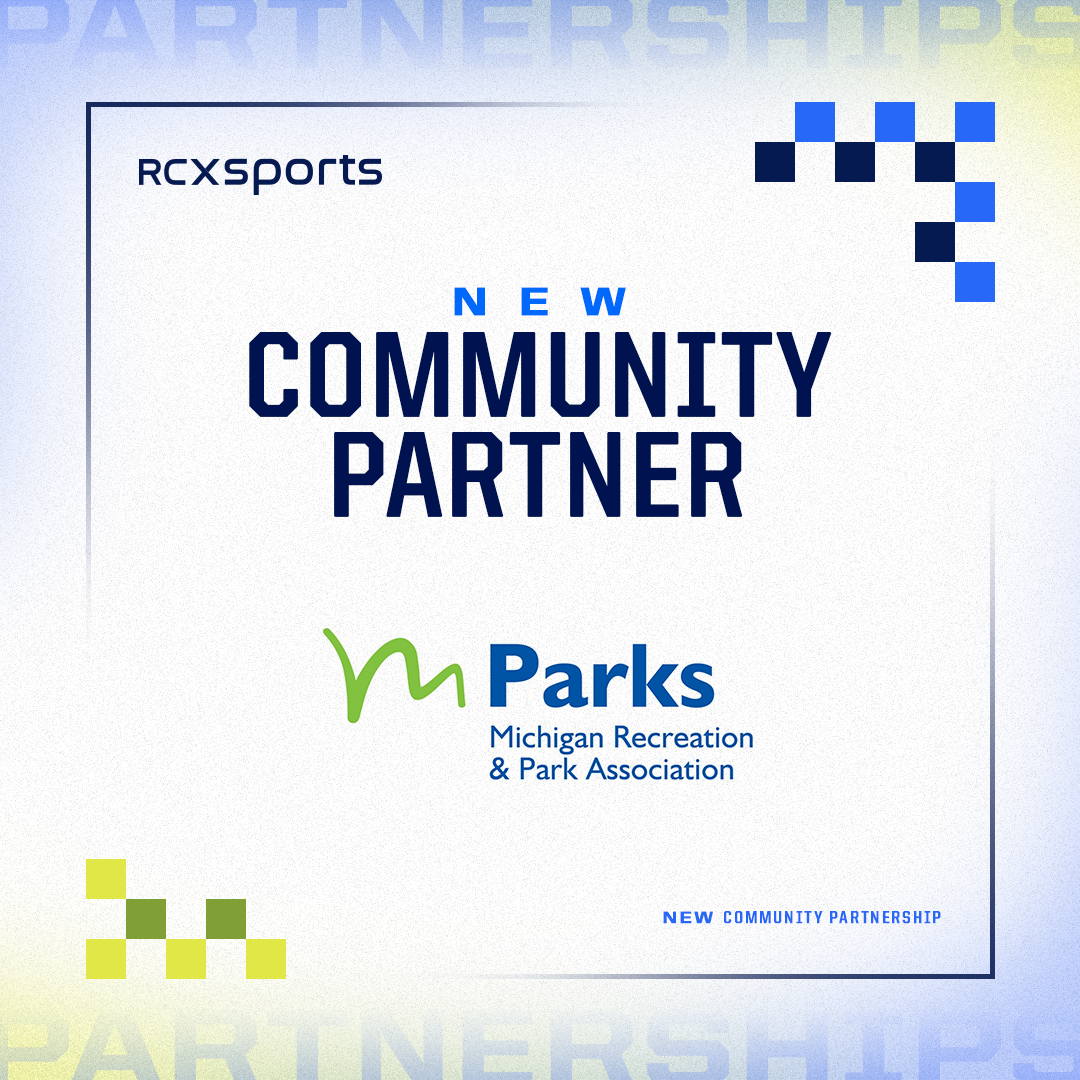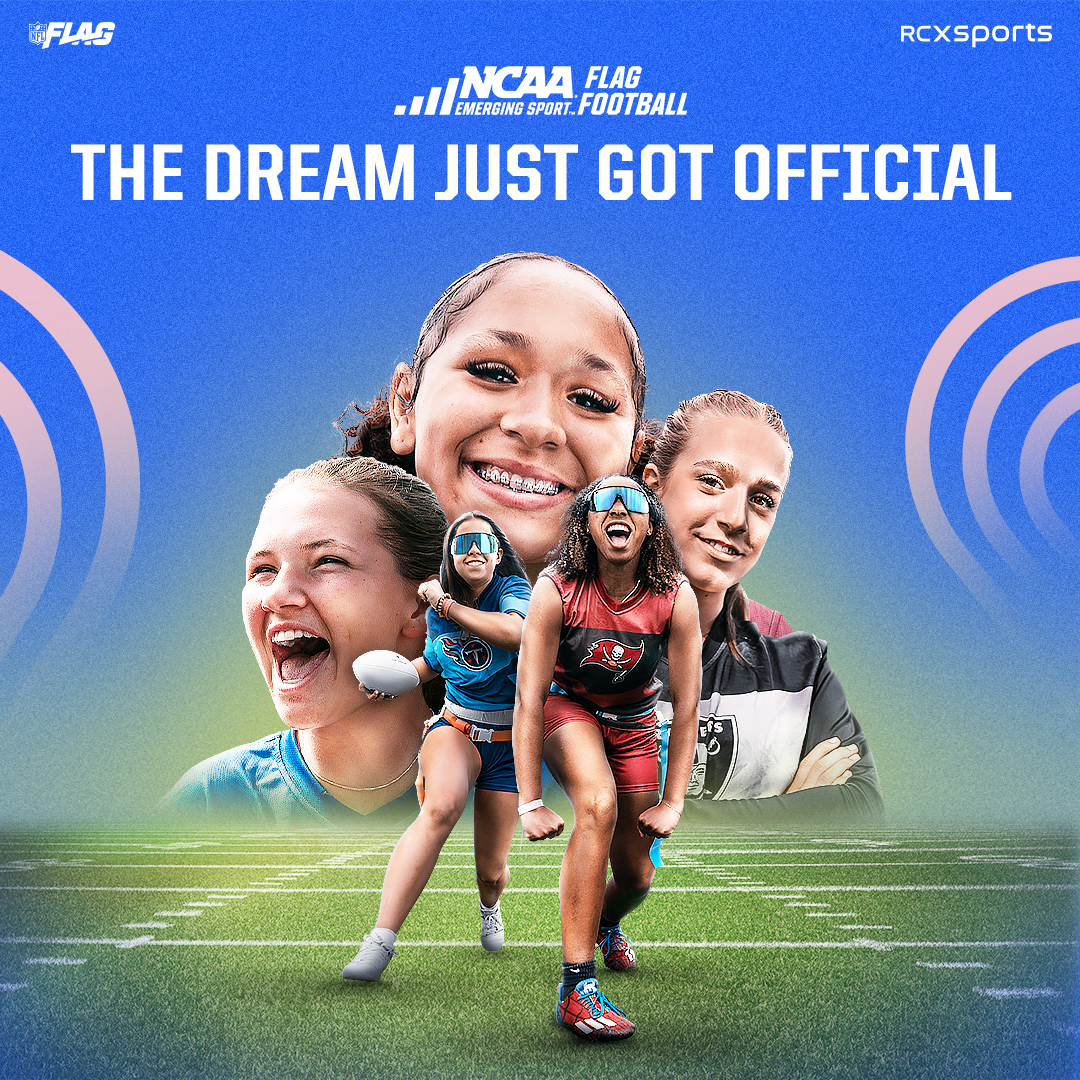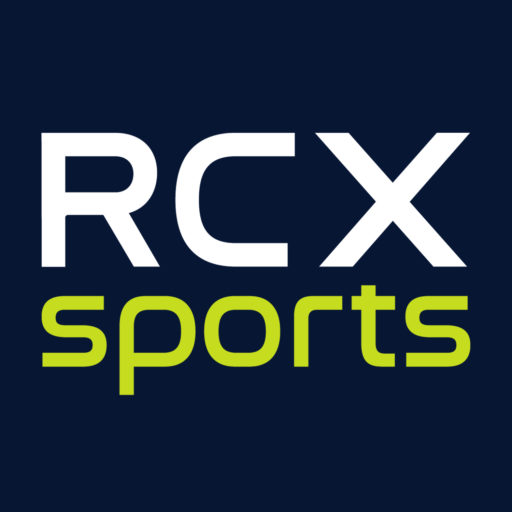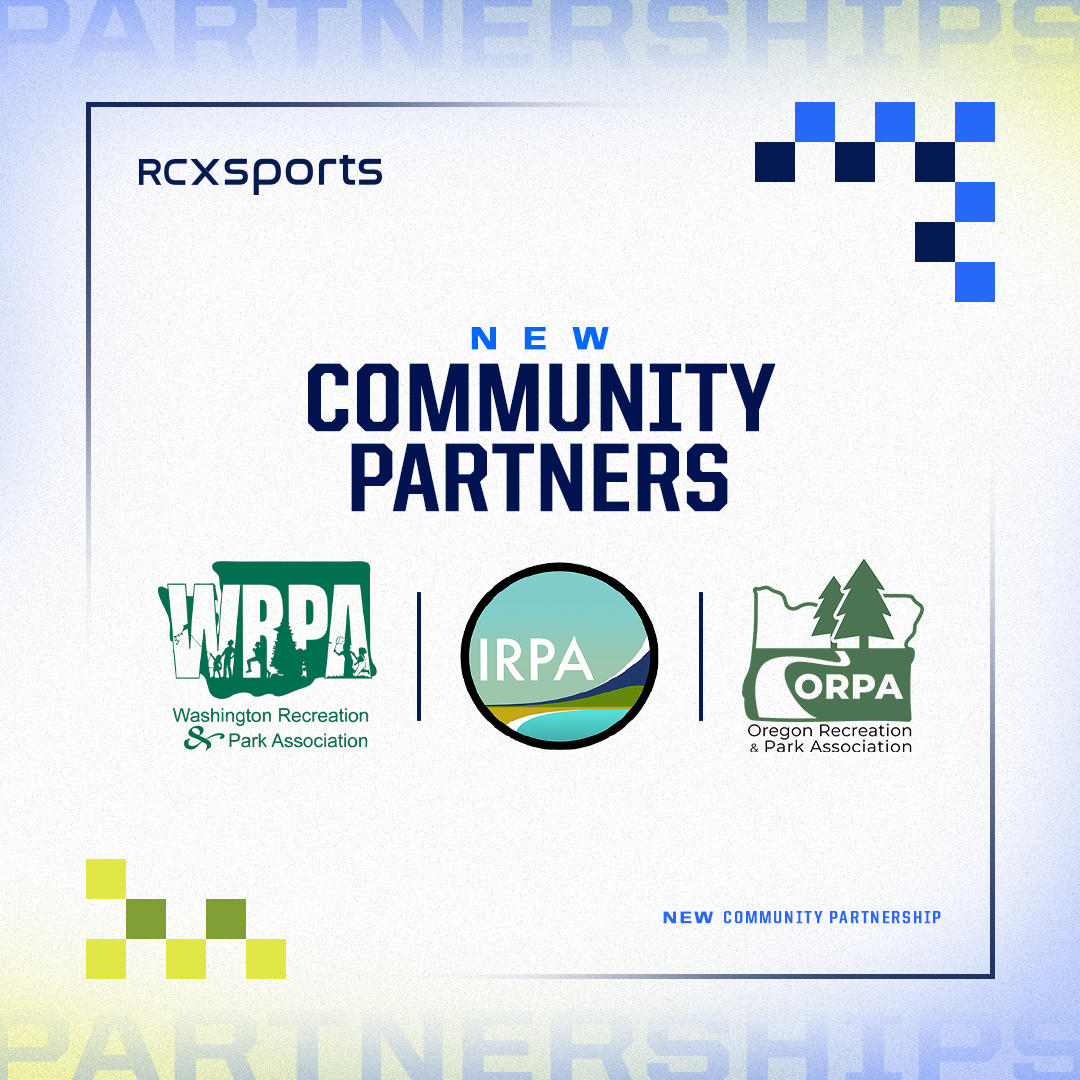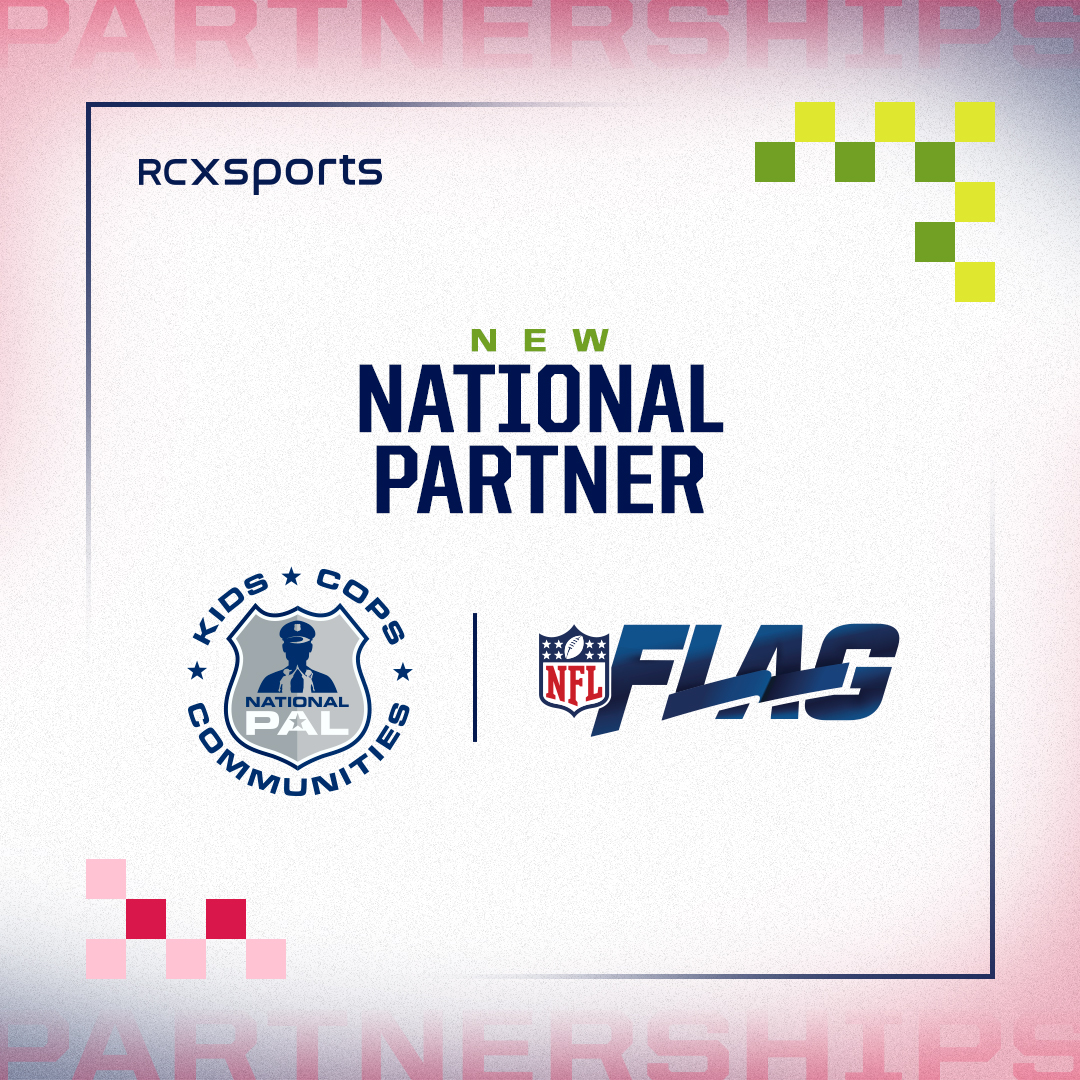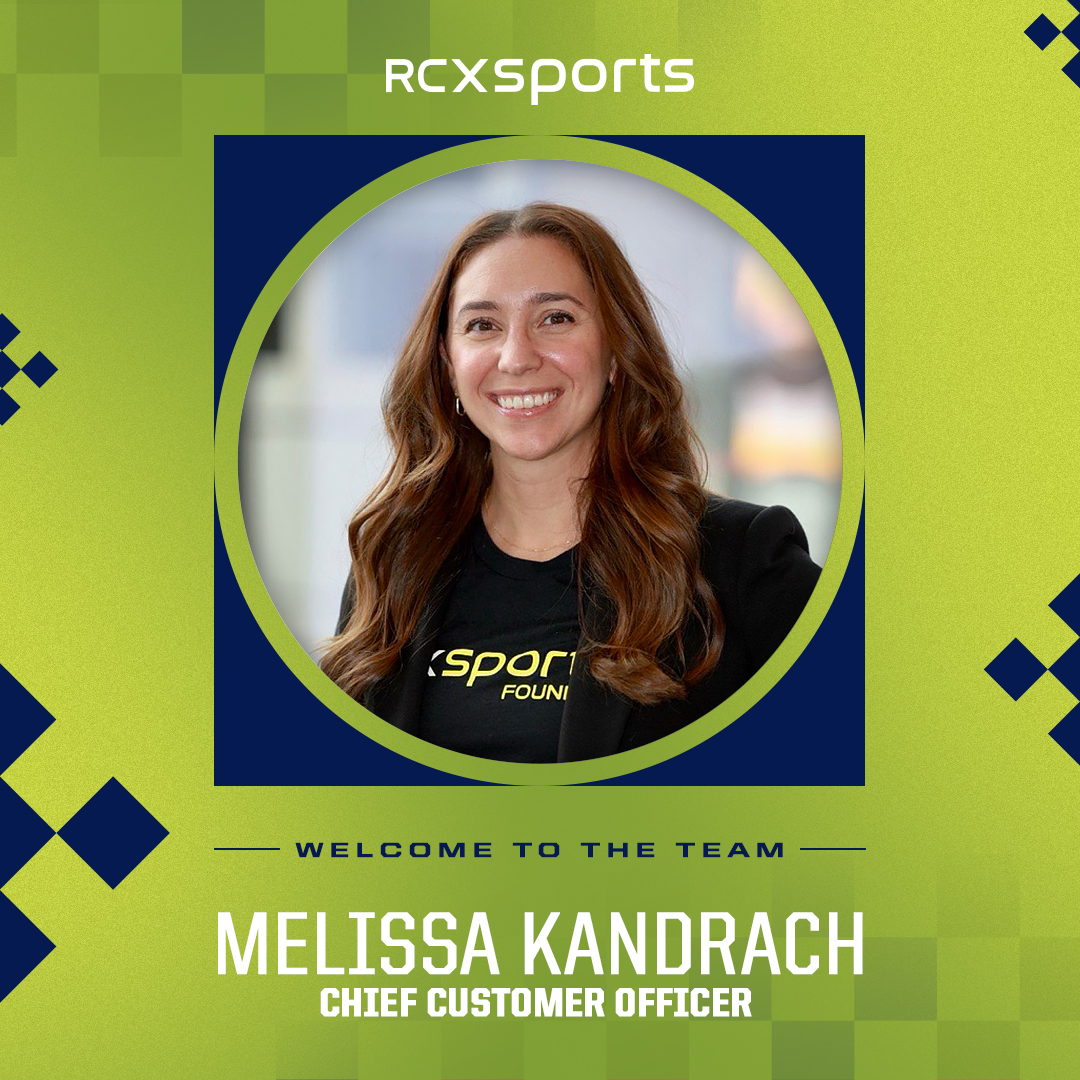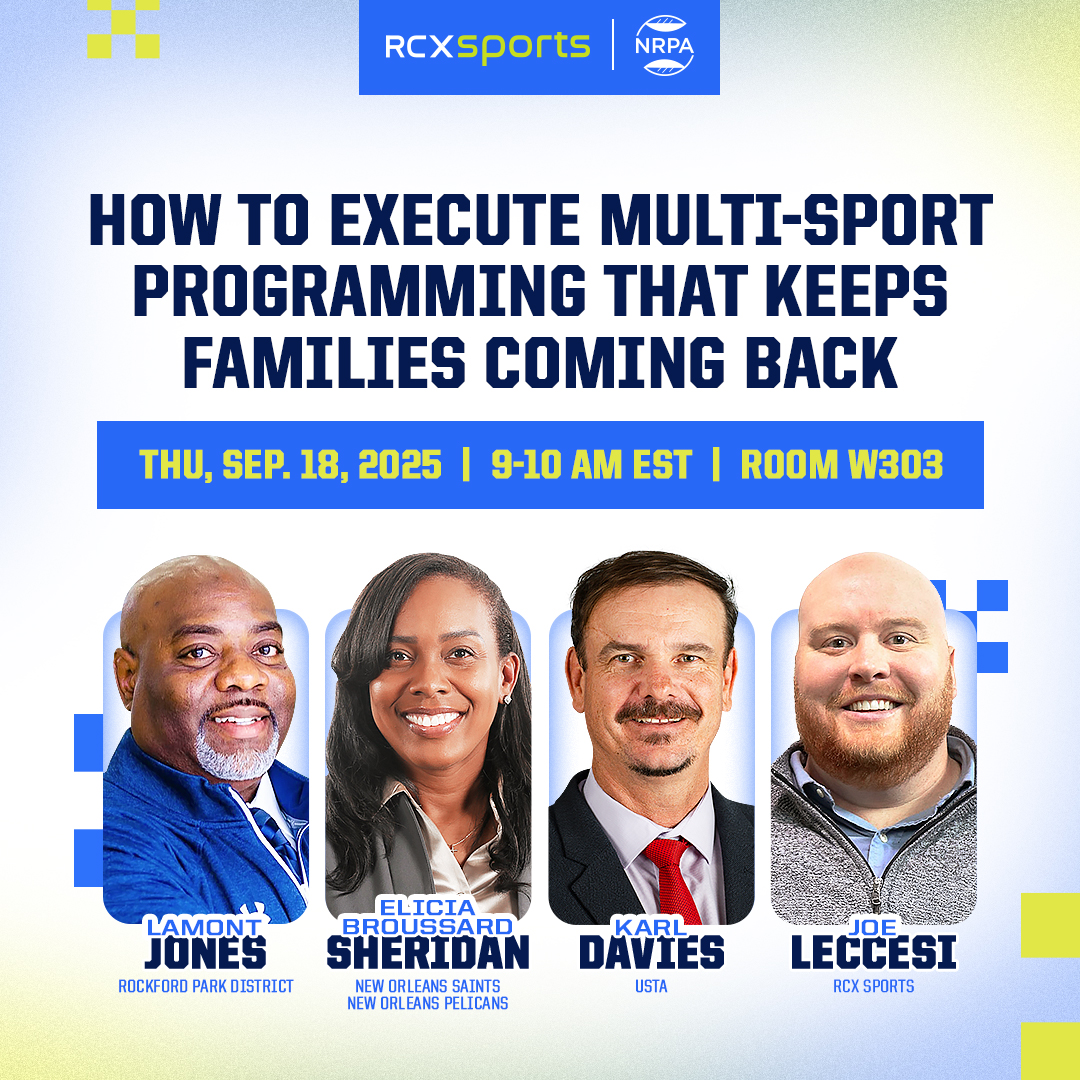5 Trending Topics for Parks & Rec Organizations
The 2024 NRPA Annual Conference brought together leaders in parks and recreation, all committed to making communities healthier and more connected through innovative programs. We were thrilled to attend, host a sports demo zone, meet with like-minded organizations, and even announce some exciting partnerships of our own.
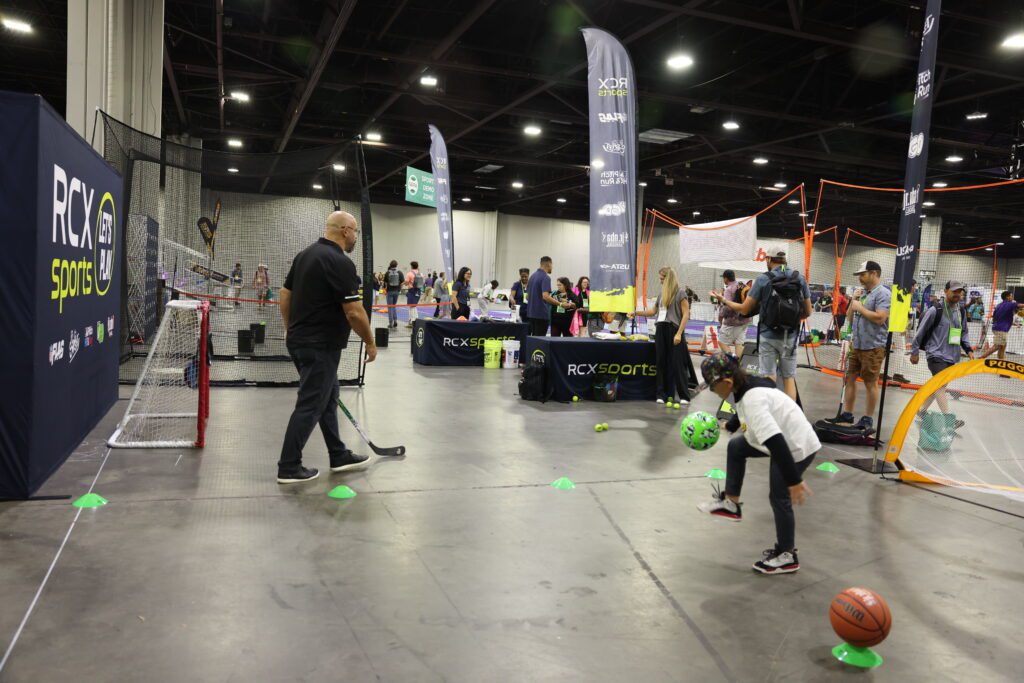
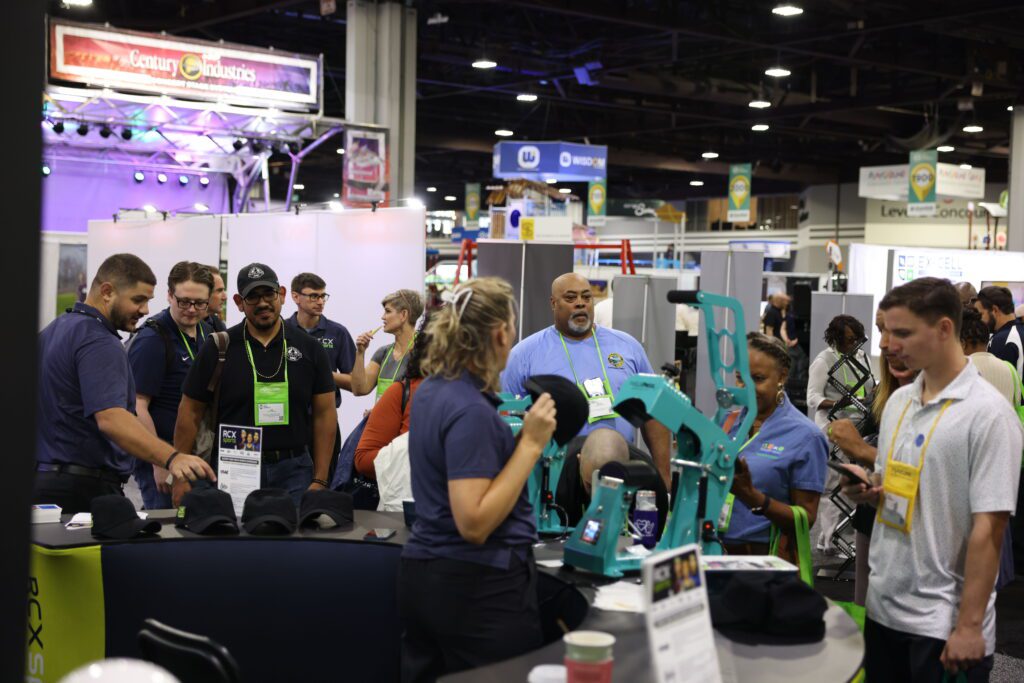
Here are the top five topics that had everyone talking at NRPA:
1. Social Media is a Must
It’s no secret that social media is a critical tool for engaging leagues and keeping them connected with parents and players. During an energizing session led by Adam Kelly, Marketing Assistant at the City of Goose Creek, he broke down how league organizers can elevate their programs by effectively leveraging social media. Whether you’re a small community league or a larger organization, here are key takeaways that can make a difference in your social media strategy:
- User-Generated Content is King: Sharing real-time, high-quality photos and videos from your events creates an authentic connection. Encourage players and parents to share their own content and tag your league for added engagement.
- Tailor Your Content by Platform: Facebook can be great for sharing updates and schedules with parents, but you wouldn’t necessarily post that information on Tik Tok. Think about your audience on each platform when sharing content.
- Consistency is Key: Posting regularly helps keep your audience engaged. The algorithm rewards steady content, so aim for a consistent posting schedule to maintain visibility.
- Short, Punchy Captions with Calls to Action: Keep captions concise and engaging, adding personality with emojis and calls to action like, “Comment ‘FLAG FOOTBALL’ to learn more!”
- Don’t Overthink It: Your content doesn’t have to be trendy or overly polished. Highlight your program’s culture and keep it simple—a few great game highlights or a carousel of images can go a long way.
2. Recruiting Officials is a Growing Challenge
One of the most pressing concerns discussed at the NRPA conference was the ongoing challenge of recruiting officials. Across the country, sports leagues at every level are struggling to find enough qualified referees, which can impact the quality and safety of games.
Karissa Neihoff, Executive Director of the National Federation of State High School Associations (NFHS), tackled this issue head-on, sharing how they successfully recruited 21,000 new officials by partnering with state associations and providing free recruitment toolkits.
Neihoff emphasized the importance of outreach and mentorship in solving the officiating shortage. One of the standout initiatives is the Ref Reps program, which certifies high school students to officiate junior varsity games. This not only addresses the shortage but also engages young people in sports through a new lens—helping them stay connected to athletics beyond playing.
“Collaboration is key,” Neihoff explained. “We need to work together across schools, leagues, and organizations to ensure our sports thrive.” She also encouraged league operators to contact local schools and associations, like NIRSA, to recruit referees, and explore resources like NFHS’s online learning center, which offers free courses for aspiring officials.
For our NFL FLAG operators, we offer an excellent Officials Certification Course to ensure that leagues are equipped with top-notch officials.
By leveraging these tools and working together, leagues can strengthen their officiating teams, making sure games run smoothly and players have the best experience possible.
3. Expanding Opportunities for Under-Resourced Communities
One of the most crucial topics at the conference was the need to create accessible recreational opportunities for displaced and under-resourced communities. Cameron Smith, a graduate student at Clemson University, shared a compelling case study of Greenville, South Carolina, which has seen a 53% decline in Black residents over the past 30 years due to gentrification. This shift has had a profound impact on the availability of youth programs in these areas.
Smith highlighted Mayberry Park, where development has encroached on open spaces that once supported local youth sports. These spaces aren’t just fields; they hold deep cultural significance and are essential for keeping kids engaged in physical activity and connected to their communities.
For league organizers, this serves as a reminder of the importance of preserving and advocating for open spaces and youth sports programs in areas at risk of displacement. At RCX Sports, we are dedicated to partnering with organizations that prioritize providing resources for under-resourced communities.
What can you do?
- Work with local governments to secure spaces for youth sports and ensure they’re not repurposed for development.
- Partner with community organizations that focus on inclusion and accessibility in sports, helping to maintain programs where they’re most needed.
4. Creating Values, Not Rules
At the conference, Todd Nahigian, manager at the Committee Representing Our Young Adults (CROYA), delivered a thought-provoking message: Kids don’t need more rules—they need values. “Values are harder to argue with, and they create a foundation for healthy, safe environments where kids can truly thrive,” he said.
Karissa Niehoff, Executive Director of the National Federation of State High School Associations (NFHS), echoed this, emphasizing the importance of creating a positive experience for both kids and their parents. She noted, “We all need to commit to values in our programs and appreciate the different stages of development kids go through.”
Both speakers reinforced the idea that building strong values creates a lasting impact on young athletes, empowering them to grow both on and off the field.
5. Innovative Programming Keeps Families Engaged
In a world where recruiting families to sign up for programs is becoming increasingly challenging, the solution may be simpler than we think.
Natalie Norman, Executive Director of the Alabama Recreation and Parks Association, shared how offering multi-sport leagues like MLS GO, NHL STREET, NFL FLAG, and MLB Pitch Hit & Run has helped grow participation in Alabama communities. Families love the opportunity to mix things up, and introducing innovative programs helps attract new players.
Norman also noted the importance of offering girls-only divisions, as well as camps and clinics to keep the experience fun and fresh. These strategies have led to a significant increase in participation, especially among girls.
To learn more about multi-sport programming offered by RCX Sports, click here.
Teaming Up with USTA
We were excited to officially announce our partnership with the United States Tennis Association (USTA), launching red ball tennis leagues in select pilot markets. These leagues target entry-level players ages 7–14, fostering their skills through team-based play. Red ball tennis is perfect for beginners, offering smaller courts, slower balls, and easier racquets to help young players develop fundamentals in a fun and approachable way.
“We’re thrilled to collaborate with USTA to bring red ball tennis to more communities,” said Jaclyn Thomas, CMO at RCX Sports. “This partnership opens the door for kids to learn tennis in an inclusive and accessible environment.”
